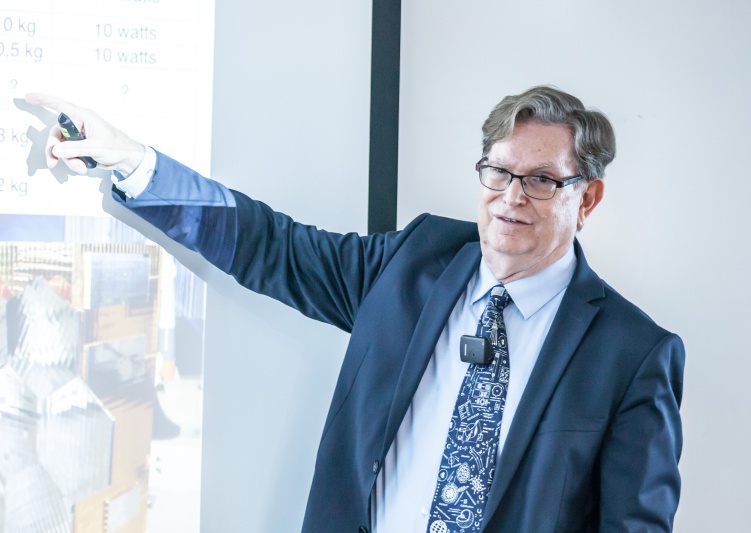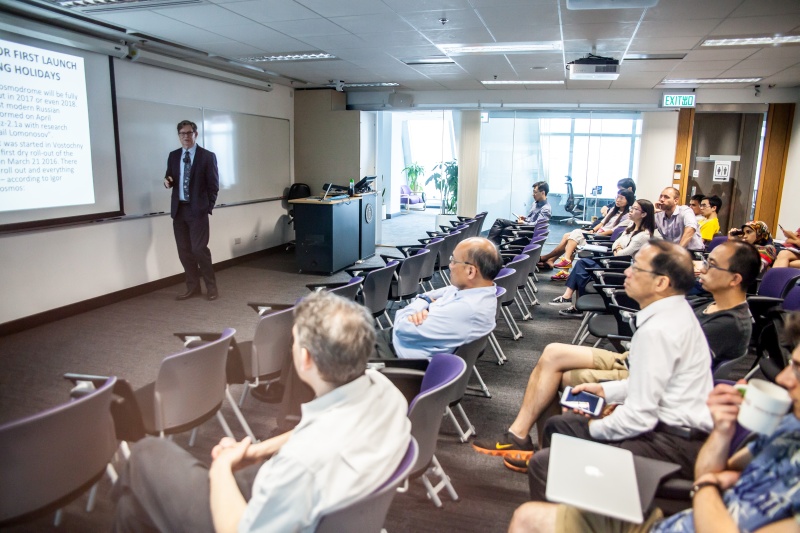The Launch of the Lomonosov Satellite
Abstract
The Lomonosov Satellite was motivated by two convergent concepts: (1) a desire to rapidly follow up Gamma Ray Bursts (GRB), particularly short GRBs believed to be inspiraling binary Neutron Stars forming a black hole and relativistic jets; and (2) a desire by Lomonosov Moscow State University to have a major scientific effort to celebrate the 300th anniversary of Michael Lomonosov who convinced Empress Elizaveta Petrovna to create Moscow State University in 1755. The combination of University Rector support and a MegaGrant with the speaker as the Principal Investigator enabled the development of the spacecraft and infrastructure for 7+ instruments ranging from the TUS (GEM/EUSO like mirror and optical focal plane) for high-energy atmospheric showers, to X-ray, Gamma-ray, and other detectors and the two instruments we designed to catch and localize GRB very quickly. After a three-year delay in large part because of Russian President Vladimir Putin de-emphasizing science, especially launches, the Lomonosov satellite was launched on 28 April 2016 early morning as the first launch from the new Vostochny Cosmodrone personally supervised by President Putin.
About the speaker
Prof. George Smoot was awarded the Nobel Prize in Physics in 2006, jointly with Prof John Mather, for their work that led to the “discovery of the black body form and anisotropy of the cosmic microwave background radiation”. This work helped further the Inflationary Universe and the Big Bang theory of the universe.
Prof. Smoot received his Bachelor degrees in Mathematics and Physics and his PhD in Physics in 1970 from Massachusetts Institute of Technology. He has been at the University of California at Berkeley and the Lawrence Berkeley National Laboratory since 1970. He is also Chair of the Endowment Fund "Physics of the Universe" of Paris Center for Cosmological Physics.
Prof. Smoot was elected as a member of the US National Academy of Sciences and a Fellow of the American Physical Society. He has been honored by several universities worldwide with doctorates or professorships. He was also the recipient of the NASA Medal for Exceptional Scientific Achievement (1991), Lawrence Award from the US Department of Energy (1995), Einstein Medal from Albert Einstein Society (2003), Daniel Chalonge Medal from the International School of Astrophysics (2006) and Gruber Prize in Cosmology (2006).
Prof. Smoot is an author of more than 200 science papers and is also co-author (with Keay Davidson) of the popularized scientific book Wrinkles in Time (Harper, 1994) that elucidates cosmology and the discovery of NASA's Cosmic Background Explorer. A great teacher and a keen advocate of popular science, Prof. Smoot received the Oersted Medal in 2009 for his notable contributions to the teaching of physics.






